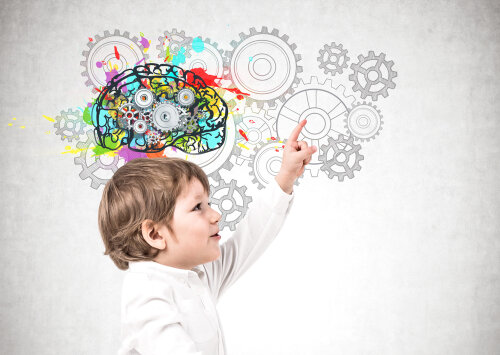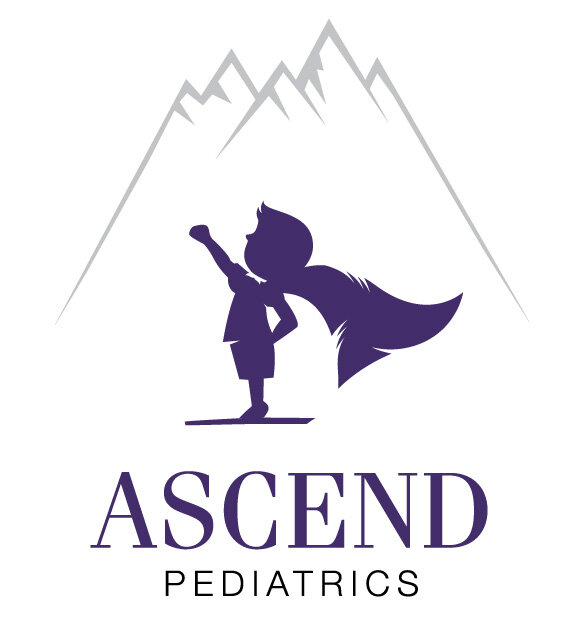
Psychology
Psychology Services:
Treatments
Our psychologists can support your child and family by providing individualized strategies, plans, and support to help address cognitive, academic, behavioural, social, and/or emotional concerns.
Our treatment sessions are play-based and relationship focused. We use evidence-based interventions in treatment and management of autism spectrum disorder, developmental delays, ADHD, executive functioning challenges, anxiety, depression, and parent-child relationships. We can assist you and your child to increase skills and promote independence in the following areas:
Social Interaction
Learning how to interact in a group setting and with others can be challenging for many children. We support children in learning how to play with others, share, take turns, and be flexible within peer interactions.
Emotional Regulation
We support children in developing an understanding of emotions in themselves and others. As this skill develops, we can then begin to teach positive coping and regulation strategies.
Daily Living
Support with daily living may include learning skills such as coping with change, transitioning between activities, maintaining safety, and participating in community settings.
Assessments
An assessment is an individualized, in-depth evaluation of a child’s development. The information provided by an assessment guides appropriate treatment and provides insight into how a child thinks, feels, learns, and relates to others. An assessment is often the first step in accessing funding and resources to further support your child and family.
Counselling
Your psychologist will work with you and/or your child to determine the best approach for treatment. Treatment approaches may include play-based therapy, cognitive behaviour therapy, solution-focused, family systems, narrative therapy, and other individualized approaches as appropriate.
Ascend aims for a whole-family approach to supporting a child’s treatment. Parents are required to attend an initial parent-only appointment prior to starting child/adolescent counselling services. In the case of separation/divorce, both parents are expected to participate in the counselling process, unless deemed otherwise by a court-order.
Individual Counselling
Common concerns that are addressed in counselling include: anxiety, panic, depression, self-esteem, grief/loss, emotion regulation, communication, stress, and healthy relationships.
*Available for Children (7-12), Adolescents (13+), Adults
Couples Counselling
Some of the common reasons that a couple may seek out counselling together include: premarital counselling, blended families, intimacy, communication, trust difficulties, boundaries, expectations, parenting, conflict resolution, and infidelity.







Our Registered Psychologists:
Alexandra Suvanto
Alex has a Masters of Science in Child & Developmental Psychology from Southern New Hampshire University. She has worked in the special needs field for 15 years and has experience with a variety of areas including children who have complex medical needs.
Alex has facilitated social skills and therapy groups for children and adolescents and has worked extensively with children and their families in their homes, the community and in school and private settings.
Alex’s therapy approach is play based both directive and non-directive, and she integrates components of cognitive behavioural therapy, emotion focused therapy and solution focused therapy.
Alex’s passion is working and helping others achieve their highest potential allowing the client to feel empowered by the skills they develop through therapy.
Alex offers behavioural intervention, consultation, therapy sessions and assessment.
On her days off, Alex enjoys having ‘me’ days that can include hanging with friends and family, glamping, shopping, lounging on the couch watching Disney+, or hanging out with her partner and two cats, Olive and Tilly. Taking time to balance work and life is important and sometimes all it takes is a good cup of tea and a relaxing day at home.




